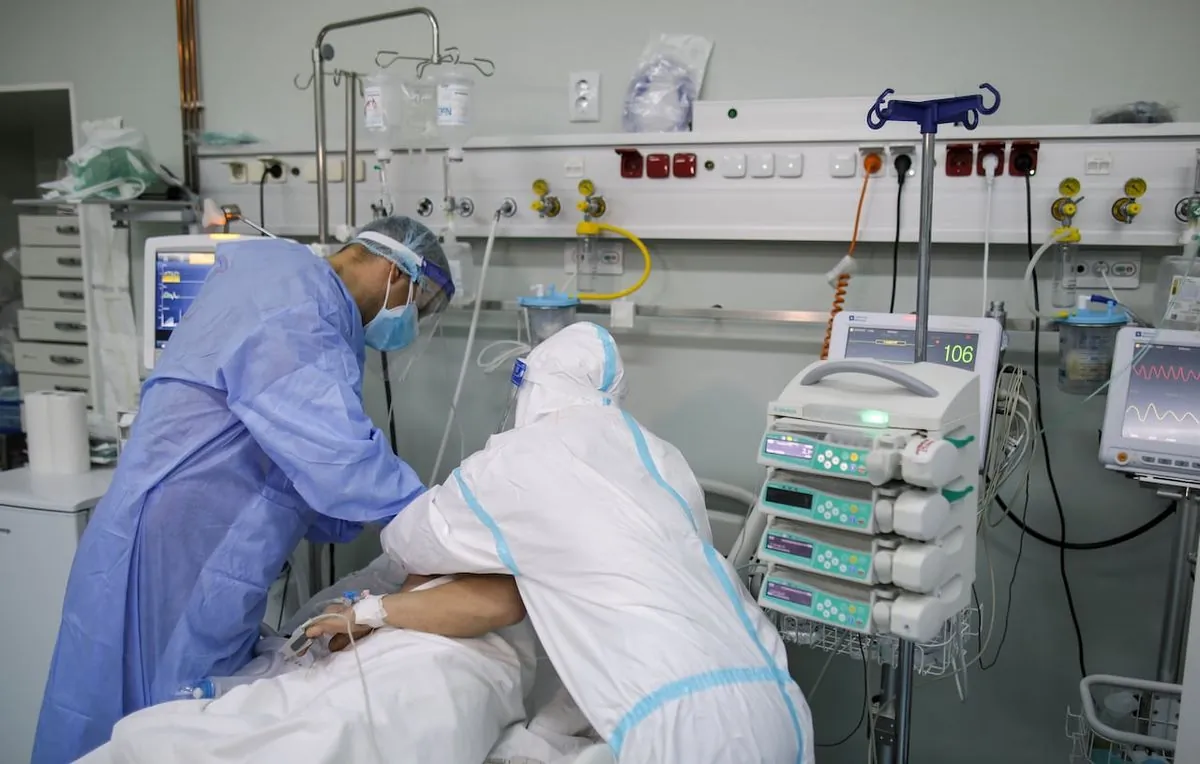In a shocking development in Romania's healthcare sector, two doctors have been apprehended by prosecutors on suspicion of murder. The case, which has sent ripples through the medical community, involves the death of a 54-year-old patient and is part of a broader investigation into 17 suspicious deaths in an intensive care unit.
The arrests stem from a public warning issued in April 2024, when an employee at St. Pantelimon clinical emergency hospital in Bucharest raised concerns about 17 deaths occurring over a four-day period in the intensive care unit. Initially, health authorities and the doctors' association dismissed these claims, citing a lack of evidence for medical misconduct.
However, a criminal investigation was subsequently launched, leading to the temporary detention of two doctors and a nurse. The physicians are accused of deliberately reducing the dosage of noradrenaline, a critical medication for maintaining blood pressure in intensive care patients. Prosecutors allege that this action was part of a premeditated plan to cause the death of patients whom the accused believed should not be kept alive.
This case has brought to light the deep-rooted issues plaguing Romania's healthcare system. Since joining the European Union in 2007, Romania has struggled to improve its healthcare infrastructure and services. The country spends the least on healthcare per capita among EU member states, and has built only one new hospital in the past three decades.
"We are deeply concerned by these allegations and are cooperating fully with the ongoing investigation. Patient safety and ethical medical practice are our utmost priorities."
The Romanian healthcare system faces numerous challenges, including corruption, politicized management, and inadequate oversight. These issues have contributed to a significant "brain drain," with tens of thousands of doctors and nurses emigrating to other EU countries in search of better working conditions and higher salaries.
Romania ranks among the lowest in Europe according to the Euro Health Consumer Index, with one of the highest rates of preventable deaths in the EU. The country also faces a critical shortage of medical staff, particularly in rural areas, and has one of the lowest numbers of hospital beds per capita in the EU.
As the investigation continues, this case serves as a stark reminder of the urgent need for comprehensive healthcare reform in Romania. The government faces mounting pressure to address corruption, increase investment in healthcare infrastructure, and implement measures to retain medical professionals within the country.
